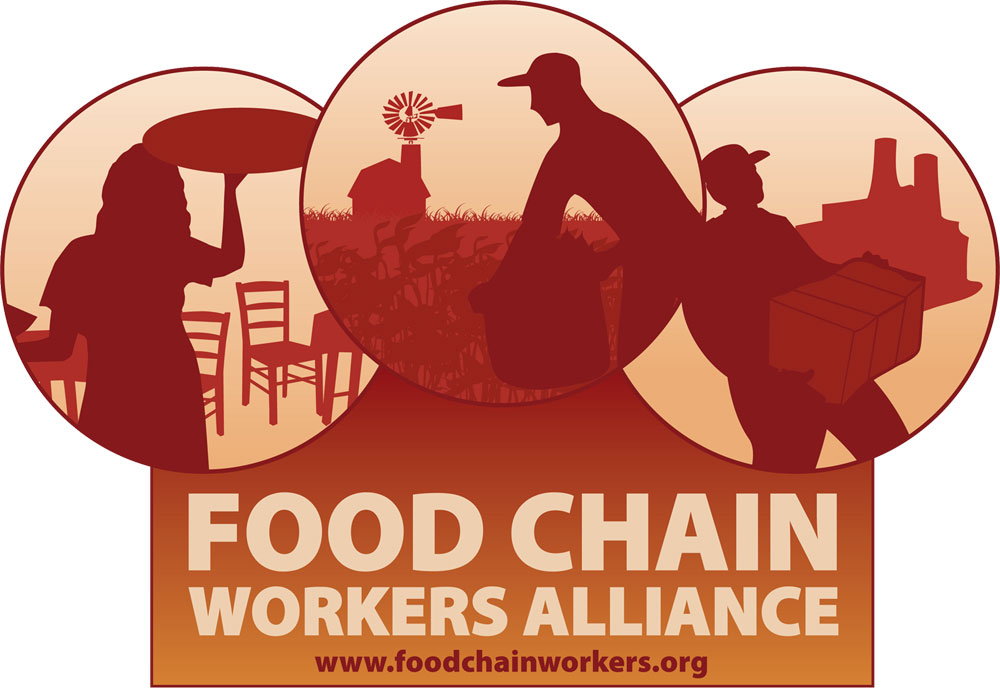
April 1, 2020; American Prospect
“In fields and rural communities across the United States the nation’s 2.5 million agricultural laborers are waiting for the shoe to drop—for the first cases of coronavirus among farmworkers,” writes David Bacon in American Prospect.
For the first time in US history, Bacon notes, farmworkers have been designated as “essential workers.” And it is not hard to understand why. After all, as Bacon points out, “Without their labor there would be no fruits, vegetables, or dairy products in the stores.”
How much do these essential workers earn? According to a 2017 US Department of Labor study, most earn between $17,500 and $20,000 a year. Bacon adds that over half of farmworkers rely on public assistance of some type, such as Medicaid or supplemental nutrition benefits (SNAP). And this is true even though about half of all farmers are undocumented, which makes these workers ineligible for most public benefits.
Most farmworkers, Bacon notes, lack unions. Those who are unionized have better working conditions than the nonunion majority. Still, Bacon writes, even with unionized farmworkers, “social distancing is not possible for some jobs. On machines for harvesting lettuce or other vegetables, there are often seats a fixed distance apart, corresponding to the distance between rows in the field underneath.”
Armando Elenes, secretary treasurer for the United Farm Workers, the union that the late Cesar Chavez once helped found, says workers at the Gallo Sonoma winery are assigned to separate rows of grapevines to provide social distancing and do have sick pay available. “But some things are more difficult,” he says. “People have to ride to work together. I don’t know how you can get around that.”
Sign up for our free newsletters
Subscribe to NPQ's newsletters to have our top stories delivered directly to your inbox.
By signing up, you agree to our privacy policy and terms of use, and to receive messages from NPQ and our partners.
Faced with the pandemic threat, farmworkers have quickly come together to advocate on their own behalf. Bacon notes that farmworkers have sought safe housing with quarantining facilities, safe transportation, testing of workers entering on H2-A temporary agricultural worker visas before crossing the border, physical distancing at work, and paid treatment for those who get sick.
California Rural Legal Assistance, a legal service nonprofit, has called for “free testing and coverage for all COVID-19 related care regardless of insurance and immigration status, suspension of co-pays and sliding fee payments at clinics, improved food and nutrition services, and expansion of Medi-Cal eligibility to all ages regardless of immigration status.”
The Food Chain Workers Alliance, a nonprofit coalition of worker groups in food production and distribution, is calling for time-and-a-half hazard pay for food workers, who “must have the right to organize so they can meaningfully exercise their labor rights and protect themselves and their communities.” Bacon adds that the Alliance also is calling for “supplemental income and unemployment benefits, 15 paid sick days per year and free health care for all workers.”
As Bacon points out, even as Congress approved expanding unemployment insurance and making one-time cash payments to low- and middle-income families, lawmakers in the $2-trillion federal stimulus bill (CARES Act) denied these benefits to the undocumented, who are perhaps half of all US farmworkers and up to 70 percent of farmworkers in California.
Ramon Torres, who is president of Familias Unidas por la Justicia (Families United for Justice), based in Washington state, observes that, “They say we’re essential and we should keep working during the coronavirus, but they don’t give us the same benefits and protections that workers get in other industries.”
Luis Jimenez, who heads the Alianza Agricola (Farmers’ Alliance) in central and western New York state, adds, “It is unjust to exclude us because we don’t have good Social Security numbers. We all pay taxes. Don’t ignore us. Include us like other industries. We’re here every day.”—Steve Dubb










